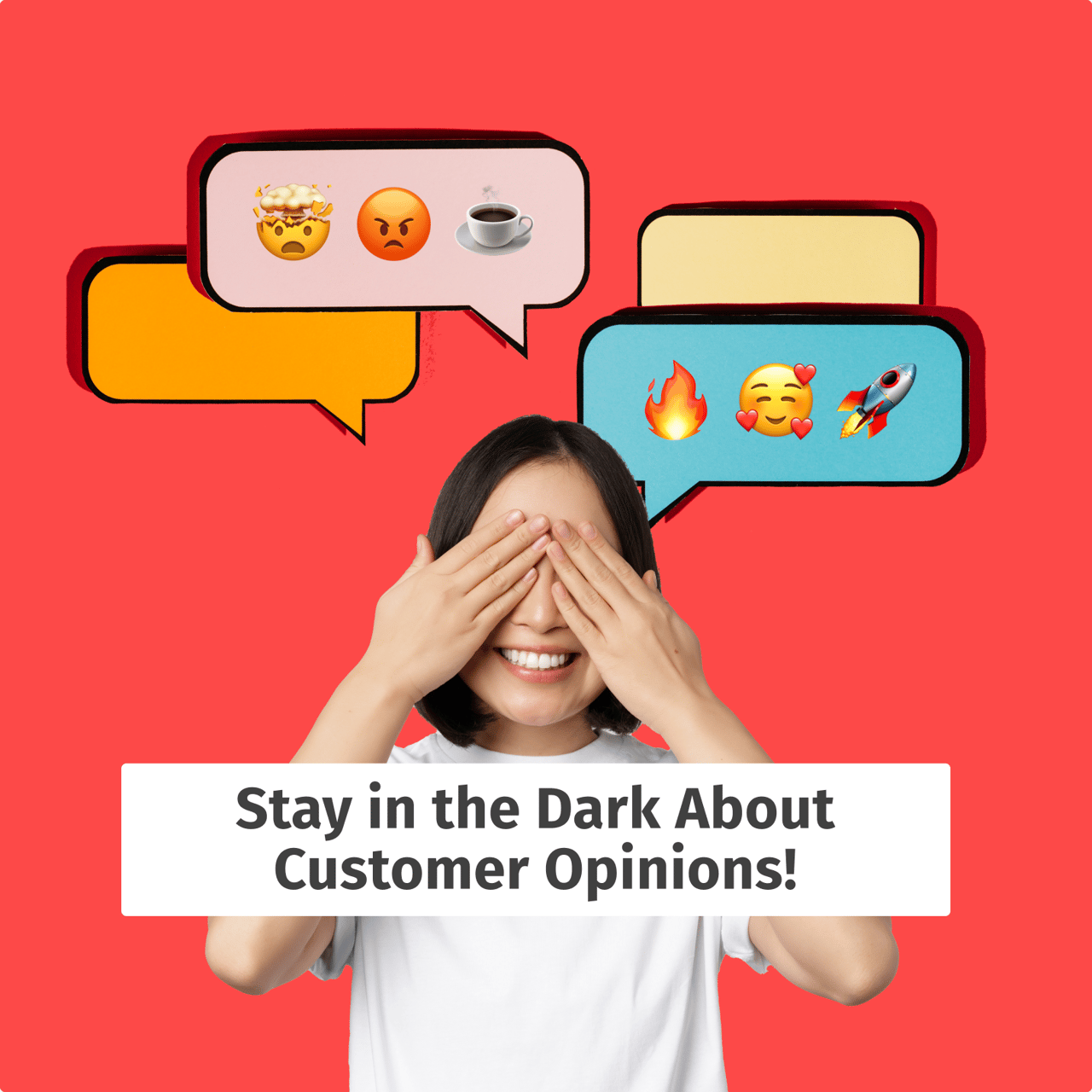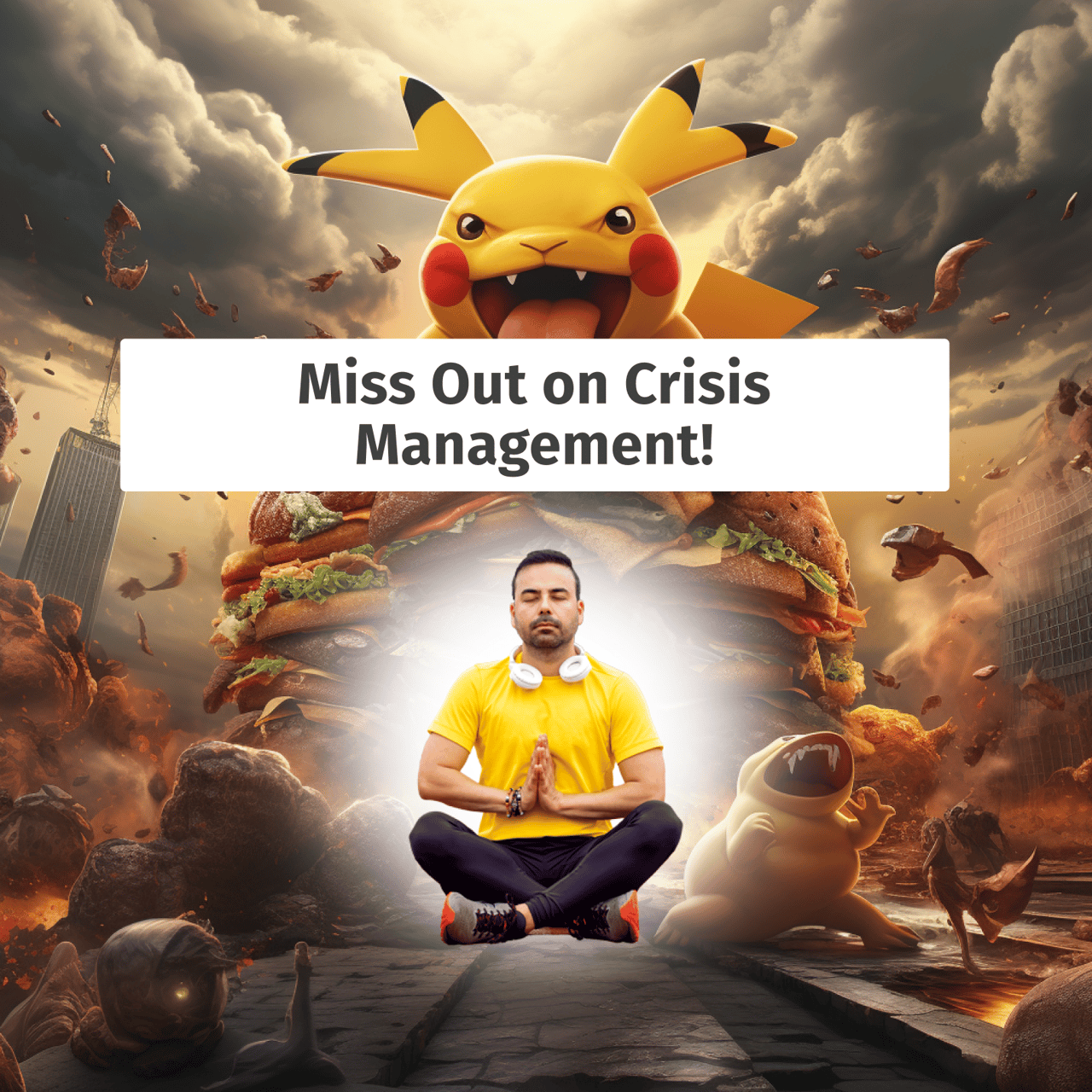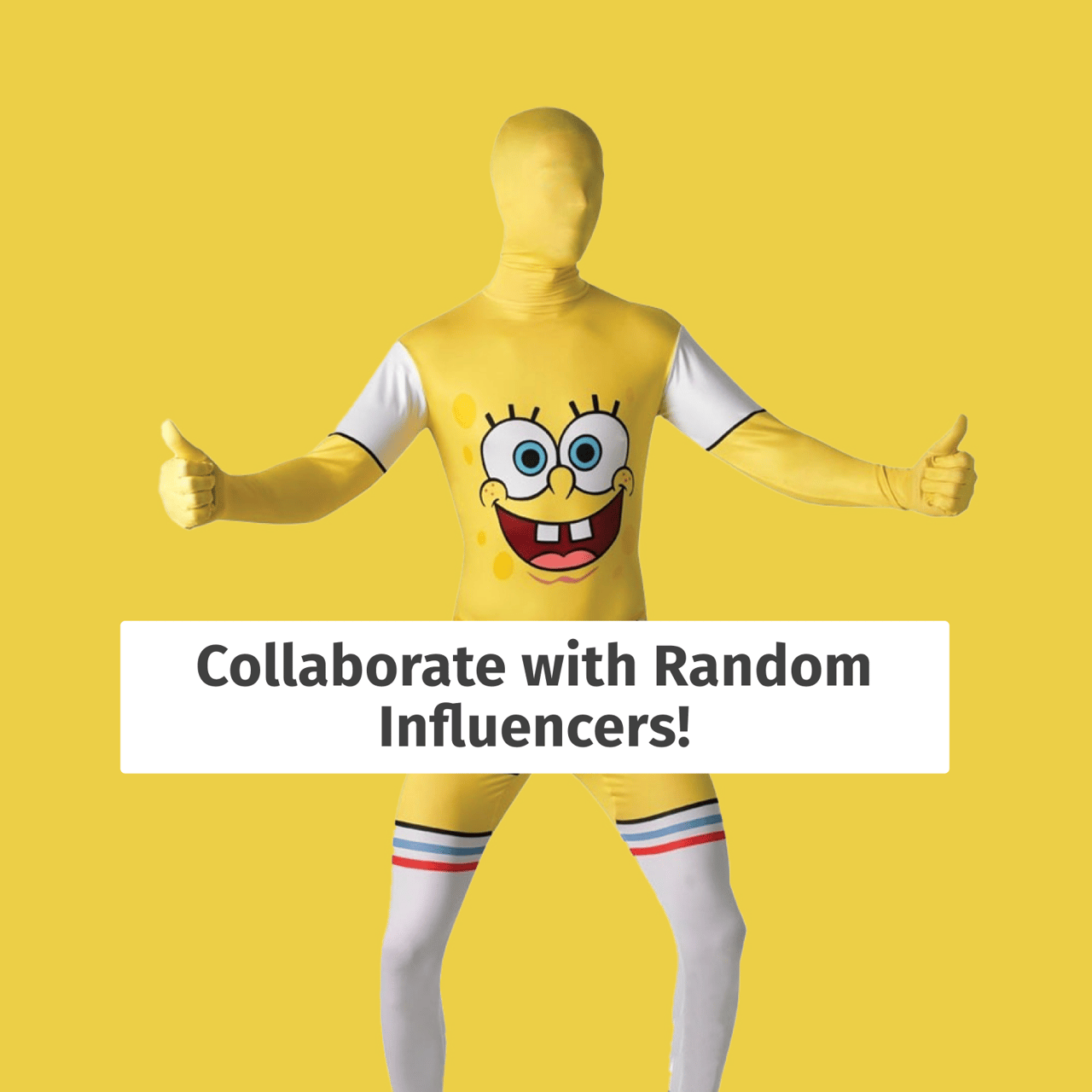Why You Shouldn't Use Social Listening Tools... Or Should You?
.png)
In a bold move, let's argue against using social listening tools in your business strategy. After all, who needs real-time insights or a deep understanding of customer sentiments, right?
Stay in the Dark About Customer Opinions


Why bother knowing what your customers think? With social listening tools, you'd be bombarded with insights about customer preferences, market trends, and brand sentiment. Ignorance is bliss, as they say. Keep making decisions in the dark, and who knows, you might accidentally stumble upon what your customers want.
Miss Out on Crisis Management


Social listening tools can alert you to emerging crises before they spiral out of control. But who doesn’t love a good PR disaster? It's the perfect way to stay in the headlines, even if it’s for all the wrong reasons. Besides, firefighting PR issues without warning is more exciting.
Let Competitors Take the Lead


Competitive analysis? Overrated. Let your competitors use social listening tools to gain strategic advantages. It’s more fun to be the underdog, constantly playing catch-up and being surprised by their next move.
Overlook Market Trends and Innovations


Why stay ahead of the curve when you can trail behind it? Social listening tools provide insights into emerging market trends and innovations. But sticking to the old ways is more comfortable, even if it means your strategies are outdated.
Make Generic Marketing Campaigns


Personalized marketing is such a hassle. Use social listening tools, and you’ll craft campaigns that resonate deeply with your audience. Avoid this unnecessary precision and stick to generic, one-size-fits-all campaigns. It’s much easier, and who cares about engagement rates anyway?
Collaborate with Random Influencers


Imagine the hassle of using social listening tools to effortlessly discover influencers whose audience aligns perfectly with your target market. It's much more exciting to randomly guess and hope for the best, right? By finding influencers who genuinely resonate with your brand, these tools rob you of the excitement of unpredictable partnerships. Why would anyone want a strategic advantage in forming impactful collaborations?
Conclusion
So, there you have it. Avoid social listening tools if you prefer to operate blindly, enjoy PR nightmares, love playing catch-up with competitors, disdain innovation, and favor generic marketing. But, if by chance, these ‘advantages’ sound less than appealing, perhaps it’s time to reconsider the role of social listening in your business strategy.


-1721912988.png)

.png)